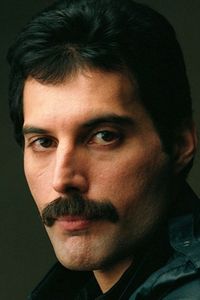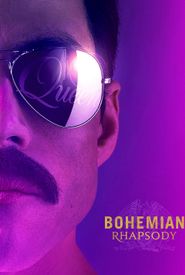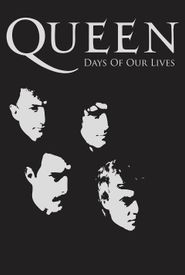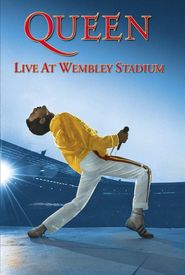Freddie Mercury was born on the Tanzanian island of Zanzibar to Bomi and Jer Bulsara. He spent his childhood in India, where his parents sent him to a private school from 1955 to 1963. In 1964, his family moved to England, and he began his education at Ealing College of Art, graduating in 1969.
Mercury's love of art led him to frequently attend concerts with his friend Tim Staffell, who played in the band Smile. This band also featured Brian May and Roger Taylor, who would later become Queen. When Staffell left the band in 1970, Mercury took over as the lead singer and renamed the group Queen. They recruited John Deacon as their new bassist and released their debut album in 1973.
The band's breakthrough came with the single "Killer Queen" on their 1974 album "Sheer Heart Attack." They solidified their status as rock legends with the 1975 album "A Night at the Opera," featuring the iconic single "Bohemian Rhapsody."
After their 1980 hit "Another One Bites the Dust," Queen experienced a decline in popularity, with their album "Flash Gordon" and the disco-oriented "Hot Space" receiving lukewarm reception. They took a year off in 1983 but returned in 1984 with the album "The Works," which included the singles "Radio Ga Ga" and "I Want to Break Free."
Mercury released his debut solo album, "Mr. Bad Guy," in 1985, which peaked at number six in the UK and stayed on the chart for 23 weeks. The band reunited for the Live Aid concert in July 1985 and began working on their new album, "A Kind of Magic," which was released in 1986. They embarked on their biggest ever world tour, the "Magic Tour," which included performances at Wembley Stadium and Knebworth.
After 1986, Queen went silent, but Mercury continued to work on his solo projects. He released a cover of the 1950s song "The Great Pretender" in 1987, which reached the UK top ten. He then collaborated with Montserrat Caballé on the album "Barcelona," which was released in 1988. The single "Barcelona" became a huge hit and was used as the theme song for the 1992 Olympics in Barcelona.
Mercury continued to work with Queen, releasing the album "The Miracle" in 1989, which included hits such as "Breakthru," "I Want It All," "The Invisible Man," and the title track. However, his health began to decline, and he refused to discuss his diagnosis with the band. He wanted to keep making music as long as possible and continued to work on his solo projects.
Mercury's final video clip was released in June 1991, and it became his goodbye song, the last time he appeared on film. The clip, "These Are the Days of Our Lives," showed a clearly ill Mercury, but he still hadn't publicly disclosed his diagnosis. Rumors began to circulate, and Mercury finally confirmed his illness one day before his passing. His death was mourned as a great loss for the world of popular music.






















































